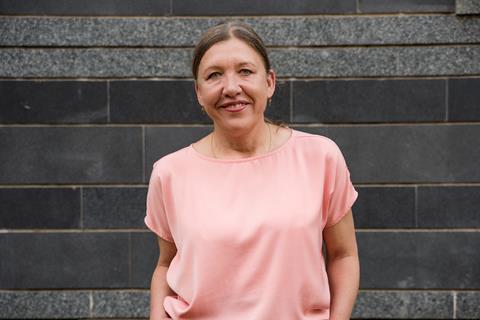
DOK Industry at DOK Leipzig has a packed programme addressing topical issues, encouraging creative exchange, and giving filmmakers a platform to showcase their work and connect with potential collaborators.
The 21st edition of DOK Industry’s centrepiece, the DOK Co-Pro Market, showcases 35 projects - from a record 391 submissions (up from last year’s 366) - 60% of which have female directors or (co) producers.
Nadja Tennstedt, DOK Industry’s director since 2021, talks to Screen about innovations in this year’s programme and the subject matter tackled by projects selected for this year’s Co-Pro Market.
How does the makeup of this year’s DOK Industry programme differ from previous years?
We’re devoting a whole day [October 28] to the Doc Together initiative, which we launched with the documentary festival in Thessaloniki in March. One part will be a closed-session think tank, in which 60 professionals from NGOs, funding institutions, broadcasters and producers explore sustainable ways of supporting filmmakers at risk.
This will be followed by a public event with keynotes from the Myanmar Film Collective, the Palestine Film Institute and filmmakers from Georgia, India and Hungary. They will discuss the obstacles they face in making their films, the risks for artists in their countries, what support they need from the international film industry at large, and the collective strategies they are building to resist censorship and protect freedom of expression.
We will also highlight the importance of international collaboration with a presentation on the production of two Ukrainian films, Silent Flood and Queens of Joy, supported by ARTE’s Generation Ukraine initiative, which DOK Leipzig has supported for the past three years.
What trends can you see in the projects selected for this year’s DOK Co-Pro Market?
A lot of work with archive, which is fantastic because one of our new awards this year honours the most creative approach to working with sourced archive material.
Another new award, offered by Deutsche Welle, will be given to one of the projects addressing major issues of our time. There are quite a few this year, including Nino Benashvili’s Georgian-US co-production Of the Trees Unmoved and Ukrainian film-maker Roman Bondarchuk’s Recovery, which looks at the efforts at reconstruction during the attacks from Russia.
Some projects, like Moroccan director Basma Rkioui’s Akal, start as personal stories and expand into the geopolitical. Others explore questions of identity, like Nava Mama, Ana Vijdea’s portrait of a Romanian trans teenager, or focus on people who defy social expectations such as My Aunties, which tells the story of the decades-spanning queer relationship between two of Turkish director Hazal Hanquet’s aunts.
Do you see any changes in the potential partners for these projects? Are commissioning editors from public TV channels still the key partners, or are streamers becoming more important?
Projects are increasingly being co-financed by a larger number of partners, which makes co-pro markets even more relevant. Public broadcasters are still crucial, but since there is less money available, you need to find international partners. Streamers can also play a role. It depends on the specific project - there isn’t a ‘one size fits all’.
What distinguishes DOK Industry’s programme from other industry events?
DOK Leipzig is unique in its combination of documentary and animation, presenting films from both narrative forms in competitions and special programmes.
We have expanded our offerings for filmmakers active in animation to provide a working and networking platform for professionals active in either animation and documentary, or both.
For the third time, we are collaborating with CEE Animation on the Animation Lab for documentary professionals on projects that include animation. We are working with [multidisciplinary artist] Uri Kranot on a presentation of animated documentary projects developed at the Anidox Lab.
We are excited that DOK Exchange, the industry programme dedicated to interactive and immersive storytelling, is moving closer with DOK Neuland, the festival’s Extended Reality exhibition. All XR activities are in one location: a beautiful, newly renovated church that will double as an event space.
Does the close proximity date-wise of Jihlava’s market in the Czech Republic hurt your ability to attract projects and industry professionals to Leipzig?
It’s a good thing in a way, both in terms of distance and timing, because people can travel between the two events. This wouldn’t be possible if you had a break of, say, three weeks between the two.
Finally, what are the key issues that will be addressed in the panels organised by DOK Industry and its industry partners?
AG Animationsfilm’s panel will explore what AI-generated content means for the future of animation, not only in terms of production processes but also audience viewing habits.
Meanwhile, AG DOK will look at film education as a sustainable form of audience development and ways of promoting media literacy among youngsters glued to their phone screens.
We are also proud that we have our first collaboration with Queer Media Society: three filmmakers with projects at the Co-Pro Market - Julia Fuhr Mann, Jan Eilhardt and Zijian Zeng – will discuss how documentaries can offer a more honest and complex representation of queer realities.

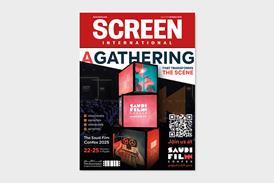
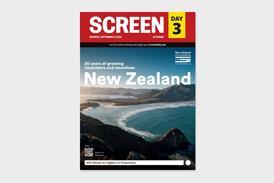
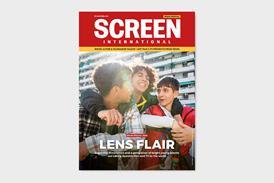

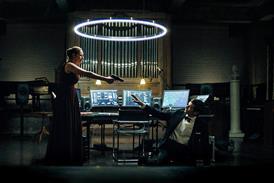
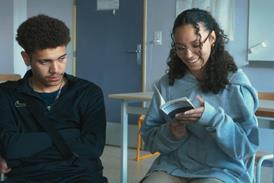
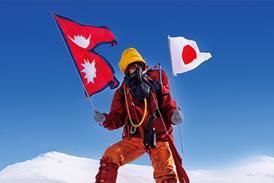

![[Clockwise from top left]: 'The Voice Of Hind Rajab', 'A House Of Dynamite', 'Jay Kelly', 'After The Hunt', 'The Smashing Machine'](https://d1nslcd7m2225b.cloudfront.net/Pictures/274x183/1/7/0/1459170_veniceawards_837515.jpg)


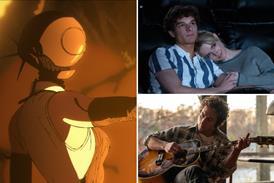
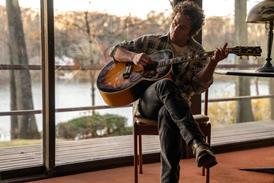

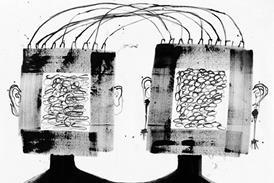
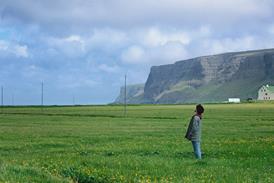
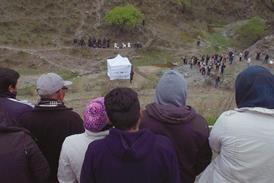







No comments yet